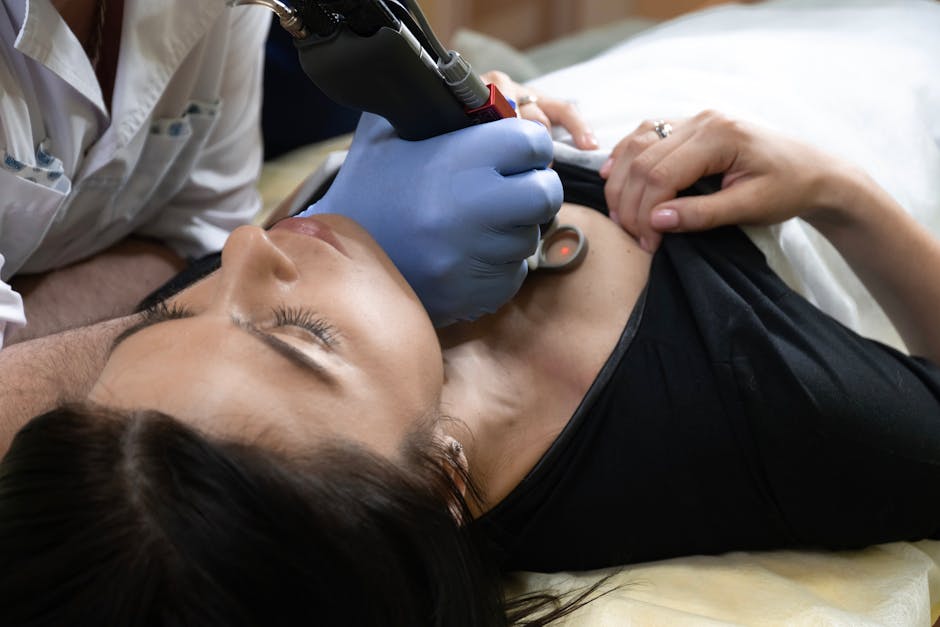In today’s fast-paced life, hypertension has gradually become a normalized chronic health issue. To effectively manage blood pressure levels, many patients rely on the use of antihypertensive drugs. However, equally important to medication therapy is the patient’s attention to diet in everyday life. Recently, a view widely spread on the internet—”Eggs should be avoided while taking antihypertensive drugs” has left many patients puzzled.
Patients with hypertension who are doubtful about this wish to understand, whether there is indeed a conflict between taking antihypertensive drugs and consuming eggs, and they are also concerned about which other foods to avoid while on medication.
Take Mr. Li as an example, a patient with hypertension who has been managing his blood pressure for a long time and pays particular attention to a healthy diet. However, facing the online claim that “antihypertensive drugs are not suitable to be taken with eggs, ” he couldn’t help worrying. To seek a professional answer, Mr. Li consulted his doctor.
The doctor patiently explained to Mr. Li in the consultation room: “Actually, antihypertensive drugs do not absolutely prohibit patients from eating eggs. Eggs are delicious and rich in protein, which is quite beneficial to health. However, patients with high blood pressure need to limit the amount of cholesterol in their diet, and excessive intake may place an additional burden on the blood vessels, so the number of eggs consumed each day should be controlled to within 1 to 2.”
The doctor continued to point out: “Similar to eggs, patients taking antihypertensive drugs need to be wary of several other types of food.”
Patients with hypertension need to avoid the following foods:
- High-sodium foods: Excessive intake of salt is one of the key factors in the formation of high blood pressure. Patients should reduce their salt intake and stay away from pickled foods, salted fish, and other high-salt foods.
- High-fat foods: Foods high in fats can increase blood lipid levels, putting pressure on blood vessels and not conducive to blood pressure control. High-fat foods such as fatty meat and animal organs should be consumed in moderation.
- Spicy foods: Spicy foods, caffeinated beverages, and the like may cause blood pressure to rise and affect medication efficacy, so it is best to eat them sparingly.
- Alcohol: While it may dilate blood vessels and lower blood pressure in the short term, long-term drinking can damage the inner walls of blood vessels, resulting in increased blood pressure. Therefore, it is advised that patients with high blood pressure avoid alcohol or consume it in moderation.
Improper diet may reduce the effectiveness of antihypertensive drugs and even worsen the condition of hypertension. Long-term uncontrolled hypertension may lead to major diseases such as heart disease, stroke, kidney disease, and even life-threatening events. If a patient ignores their diet while taking antihypertensive drugs, they may experience symptoms such as dizziness, headaches, palpitations, and over time, uncontrolled eating may lead to rapid weight gain, hyperlipidemia, further increasing the risk of cardiovascular problems.
In summary, taking antihypertensive drugs can effectively control blood pressure, but combining it with a reasonable diet is key. Patients should adhere to a diet low in salt, low in fat, less stimulating, and with reduced alcohol consumption, to maintain a healthy and stable blood pressure level. By making good use of medication treatment combined with scientific dietary guidance, we believe that patients with high blood pressure can manage their health more efficiently.
Persistent healthy lifestyle habits, such as a balanced diet, moderate exercise, and ample rest, may be simple but can help us quietly improve our health status. Although antihypertensive drugs can temporarily control blood pressure levels, achieving lasting health requires our own effort and perseverance.
Starting today, let us protect our health with proactive actions. Our goal is to ensure that high blood pressure no longer becomes a problem in our daily lives.







